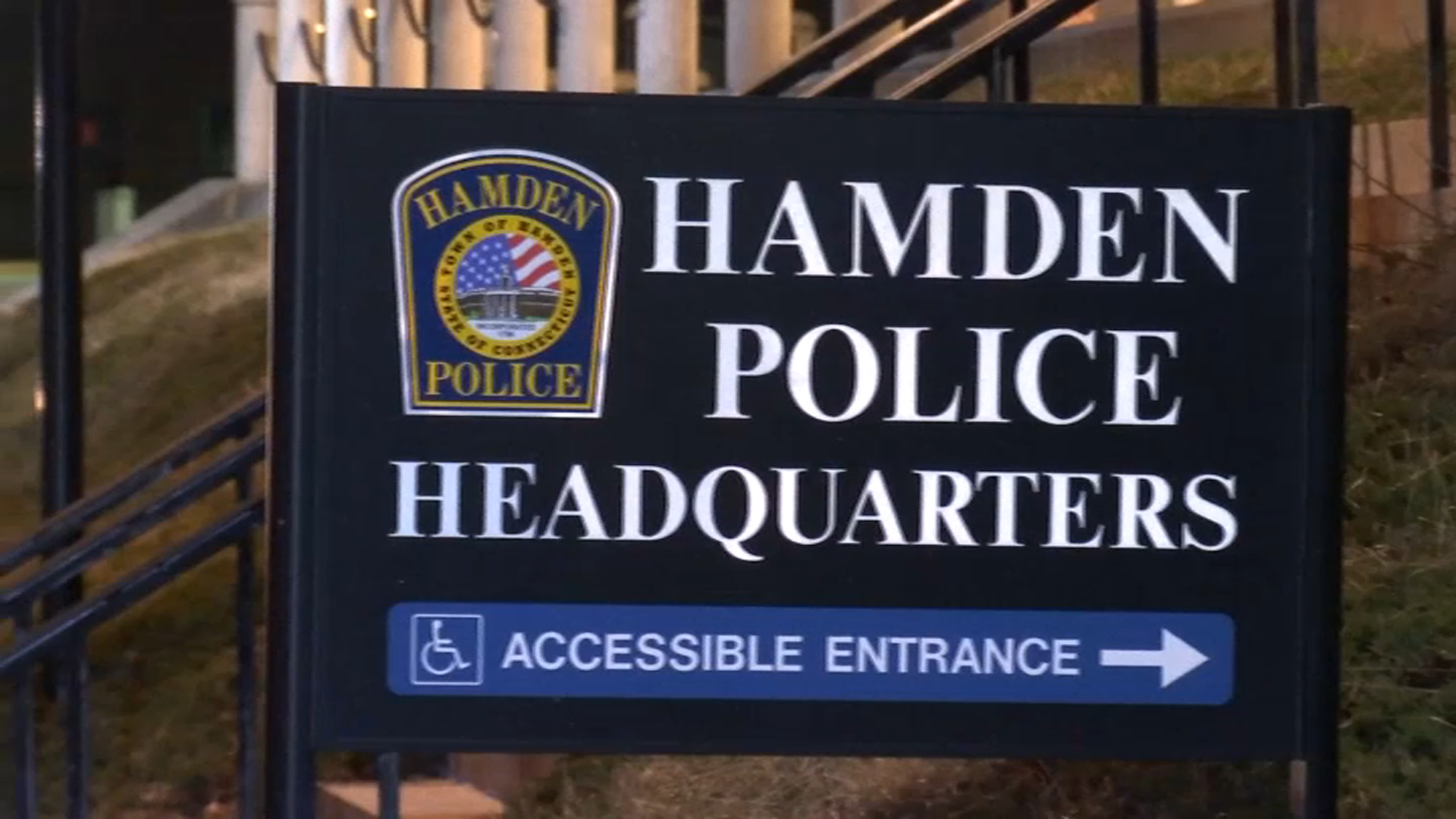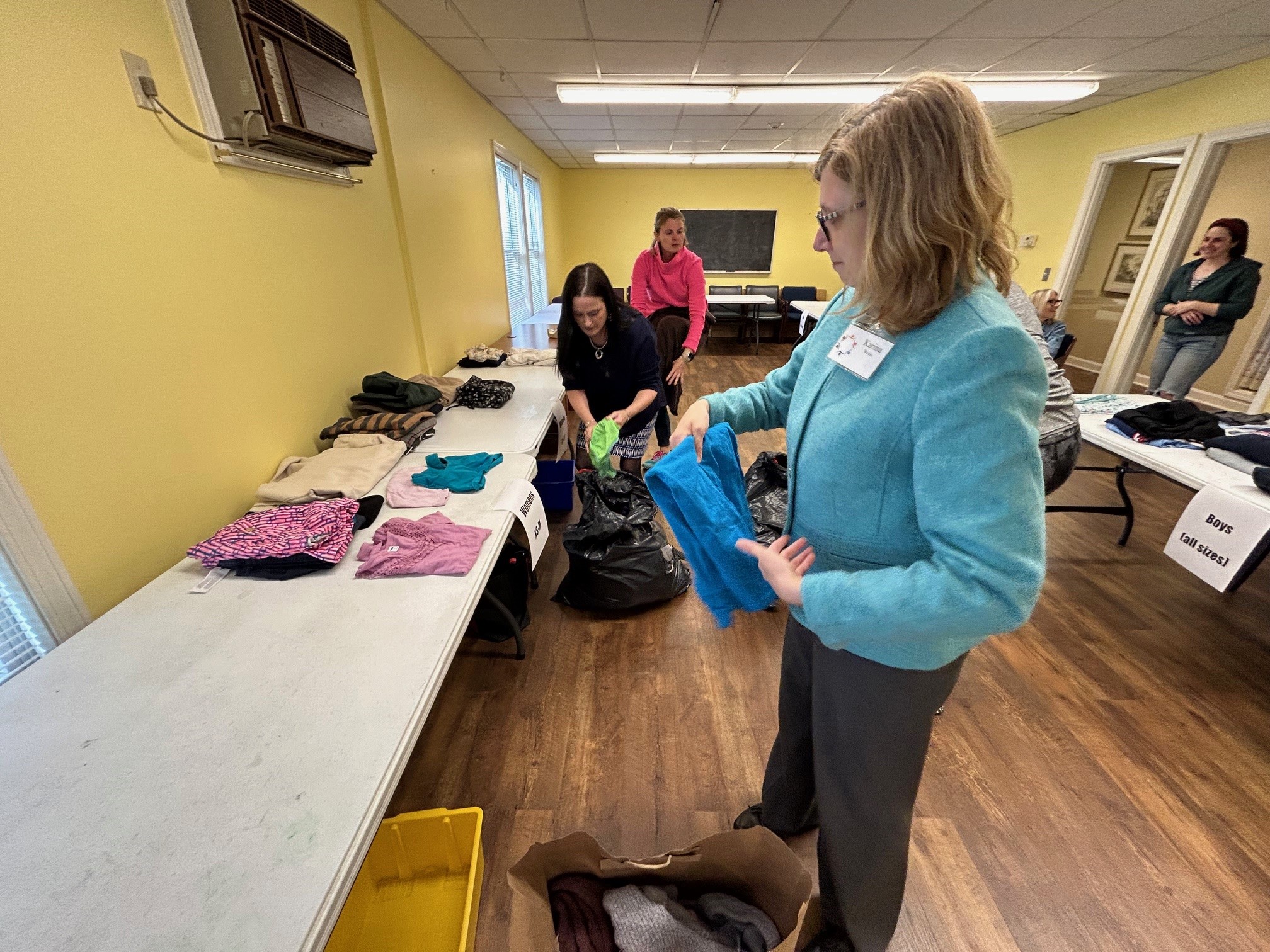On Tuesday night, the mayor, police chief, city council president, and many others came together for a two-hour online discussion about race relations in Hartford.
“It’s about, are you making these decisions that are reinforcing racial inequality?” said Andrea Comer with Educators for Excellence.
“You don’t even need to be racist to be complicit in racism, and you don’t need to be racist to be ignoring things that are reinforcing racism in really powerful ways. And unless we’re consciously calling those things out, we’re not going to make the kind of progress that we need to make,” said Hartford Mayor Luke Bronin.
The panel talked to each other about what racism is and the forms it takes, from actions to policies both big and small.
“We have to get out of this mindset of thinking that it is the extreme. Because, yes, that’s racism, but there are systems and there are decisions that people make, people who will say they’re not racist and probably don’t think they’re racist, but who make these decisions that support policies and efforts that disproportionately impact Black and Brown people,” said Comer.
The panel discussed empathy, how to increase empathy, and the importance of listening and sharing stories of being impacted by racism.
Hartford Police Chief Jason Thody spoke about how they continue to work to increase diversity in the police department including having programs like financial literacy which works with applicants regarding credit issues. He said some of the best ideas they have about recruitment comes from the community and that they’re always open to those discussions.
Local
“We’re trying to break down some barriers for becoming law enforcement in the first place while trying to still make sure that we’re being selective, putting the right people in the uniform that are going to do the right things,” said Thody.
The mayor and city council president also brought up the importance of residents filling out the census.
Part two of the conversation continues next week with faith leaders and other community leaders.



